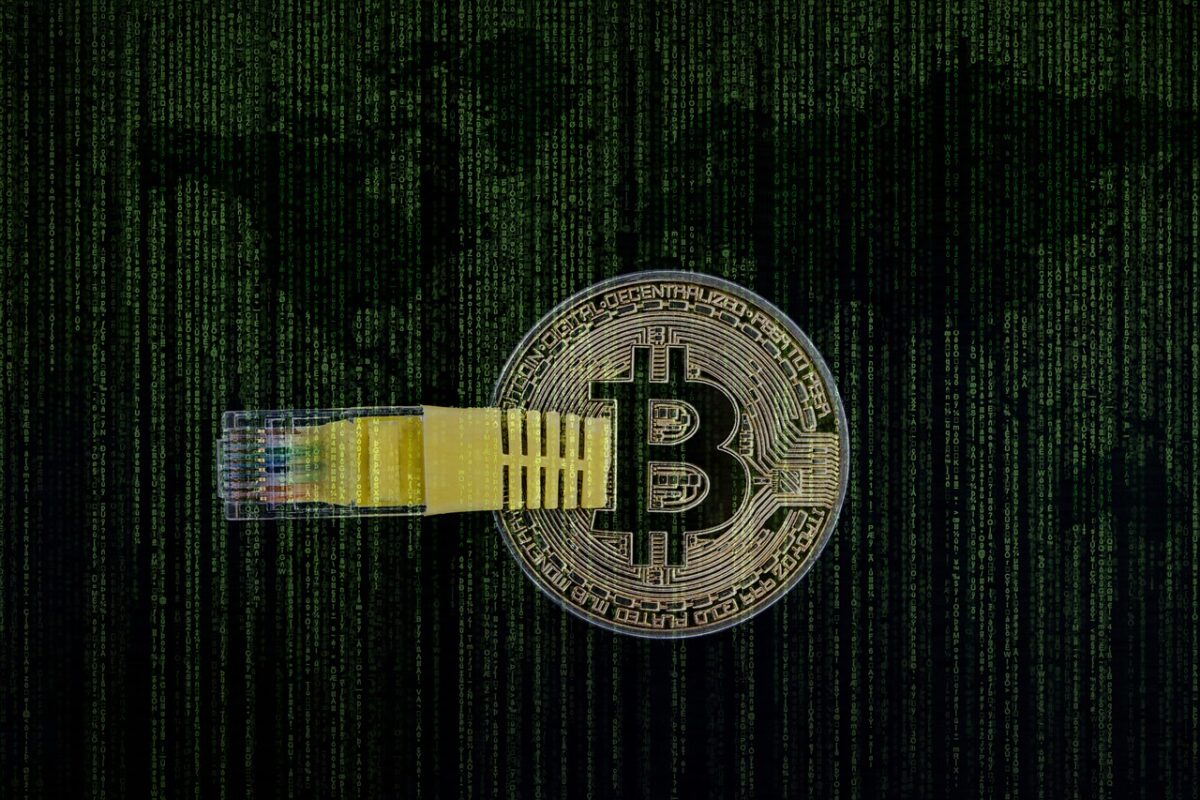Bitcoin ATMs, also known as BTMs, have become increasingly popular in recent years. These machines allow users to buy and sell Bitcoin, as well as other cryptocurrencies, using cash or debit cards. But what do Bitcoin ATMs charge? In this article, we’ll take a closer look at the fees associated with using Bitcoin ATMs.
First, it’s important to understand that Bitcoin ATMs are not owned by banks or financial institutions. Instead, they are typically owned and operated by independent businesses or individuals. Because of this, the fees associated with using Bitcoin ATMs can vary widely.
For example, some Bitcoin ATMs charge a flat fee for each transaction. This fee can range from a few dollars to as much as $20 or more, depending on the machine and the location. Other ATMs charge a percentage of the transaction amount, typically around 7-8%. This means that if you buy $100 worth of Bitcoin, you’ll pay an additional $7-8 in fees.
In addition to transaction fees, some Bitcoin ATMs also charge a “mining fee.” This fee is paid to the miners who process the Bitcoin transaction and add it to the blockchain. The mining fee is typically a few cents, but it can be higher during times of high network congestion.
It’s worth noting that the fees associated with Bitcoin ATMs are generally higher than those associated with buying and selling Bitcoin on a cryptocurrency exchange. This is because Bitcoin ATMs provide a more convenient and accessible way for people to buy and sell Bitcoin, particularly for those who don’t have access to traditional banking services.
So, why do Bitcoin ATMs charge fees in the first place? There are several reasons. First, operating a Bitcoin ATM is expensive. The machine itself can cost several thousand dollars, and there are ongoing costs associated with maintenance, security, and compliance. Additionally, Bitcoin ATMs are often located in high-traffic areas, such as convenience stores and shopping malls, which can be expensive to rent.
Second, Bitcoin ATMs are considered high-risk businesses by banks and financial institutions. This means that they often have to pay higher fees for banking services, such as processing cash deposits and withdrawals. These higher fees are passed on to the consumer in the form of transaction fees.
Finally, Bitcoin ATMs are subject to a range of regulatory requirements, such as anti-money laundering (AML) and know-your-customer (KYC) regulations. Compliance with these regulations can be time-consuming and expensive, and the costs are often passed on to the consumer.
In conclusion, Bitcoin ATMs charge fees for a variety of reasons, including the cost of operating the machine, the high-risk nature of the business, and regulatory compliance. These fees can vary widely depending on the machine and the location, but they are generally higher than those associated with buying and selling Bitcoin on a cryptocurrency exchange. If you’re planning to use a Bitcoin ATM, be sure to research the fees associated with the machine before making a transaction.

